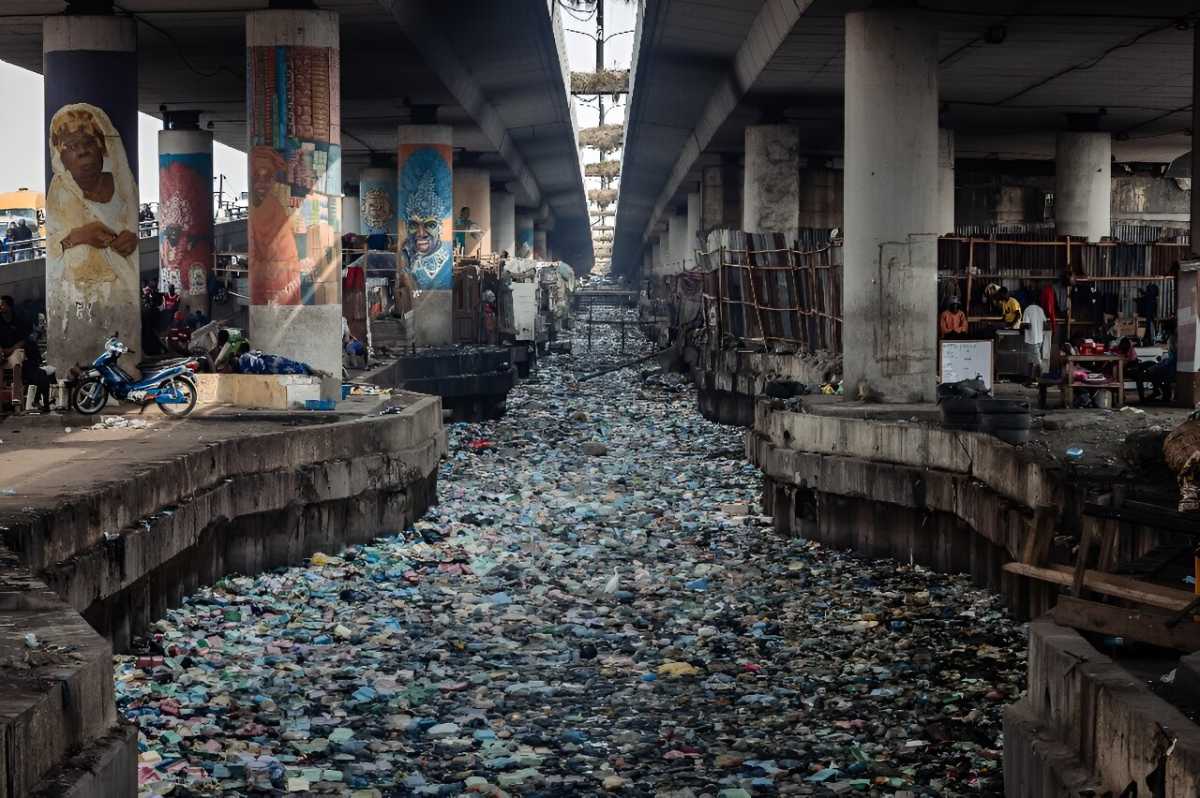News
Lagos Implements Ban on Styrofoam and Single-Use Plastics, Prompting Applause and Concerns

Plastic waste has long been a menace in Lagos, Nigeria‘s economic capital and the most populous city in Africa. However, the local Lagos State government is aiming to change this with its recent ban on Styrofoam and single-use plastics. The ban, announced by Tokunbo Wahab, the Commissioner for Environment, has taken many by surprise, particularly those in the informal sector.
For some street vendors in Lagos, Styrofoam boxes are a cheaper alternative to reusable plastic ones, making the ban a challenging transition. Cecilia Mathew, a food vendor, pointed out that using plastic bags to serve food doesn’t make sense.
While environmentalists welcome the ban as a measure to reduce waste and carbon emissions, critics raise concerns about its feasibility. Kehinde Bakare, a polystyrene box seller, argues that since many people rely on these products for their livelihood, suitable substitutes should be offered.
Nigerian fast-food chain Food Concepts, which includes popular restaurants like Chicken Republic, PieXpress, and The Chopbox, has applauded the ban and has started its transition away from polystyrene boxes by encouraging customers to bring their own containers.
Folawemi Umunna, co-founder of the NGO Initiative for Climate and Ecological Protection, believes that the elimination of non-biodegradable materials is positive as long as Lagos State effectively manages the ban. The state has already initiated health checks in the city to ensure compliance.
Waste management is a significant issue in Lagos, with garbage frequently blocking sewers and evacuation routes, leading to floods and the spread of malaria-carrying mosquitoes. As “Africa’s second-largest importer of plastics,” Nigeria faces a severe plastic pollution problem, with over 130,000 tonnes of plastic ending up in its waters every year.
While the ban on polystyrene and single-use plastics is promising for climate and sustainability, Temitope Olawunmi Sogbanmu, an eco-toxicologist at the University of Lagos, emphasizes the socio-economic consequences. Plastic microparticles pose dangers both to animals and humans due to their non-degradable nature.
Sogbanmu argues that the ban may further impoverish street vendors and waste collectors who are part of the informal economy in an already struggling country. Oluwaseyi Moejho, an environmental activist, supports the government’s initiative but emphasizes the need for dialogue and support for those affected by the ban to ensure their well-being.












